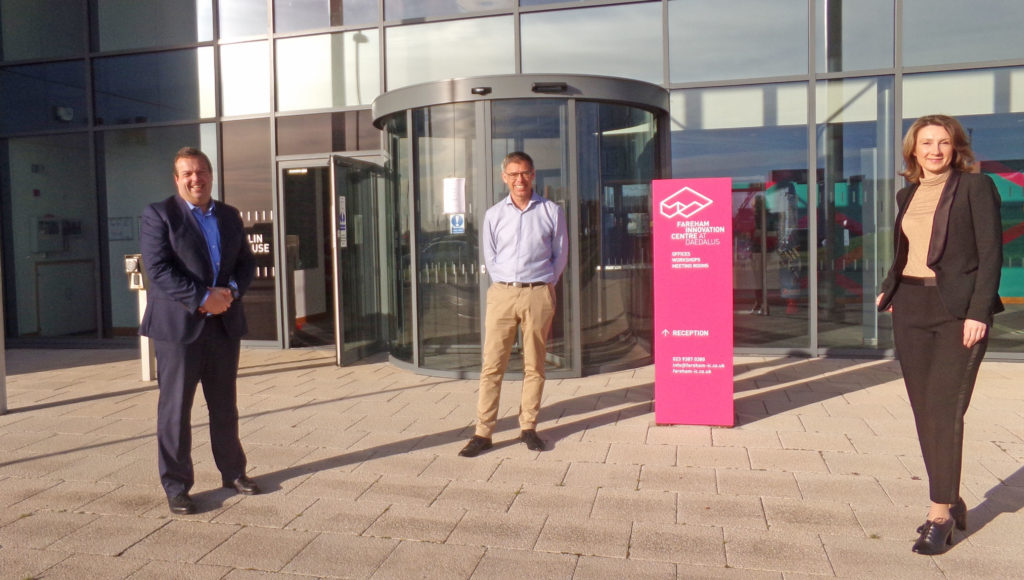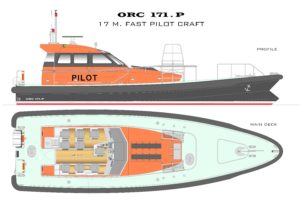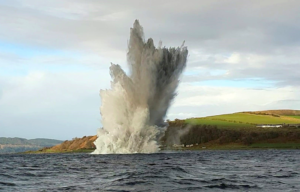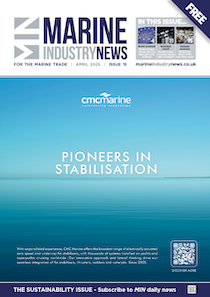RAD Propulsion granted £300,000 for electric propulsion innovations
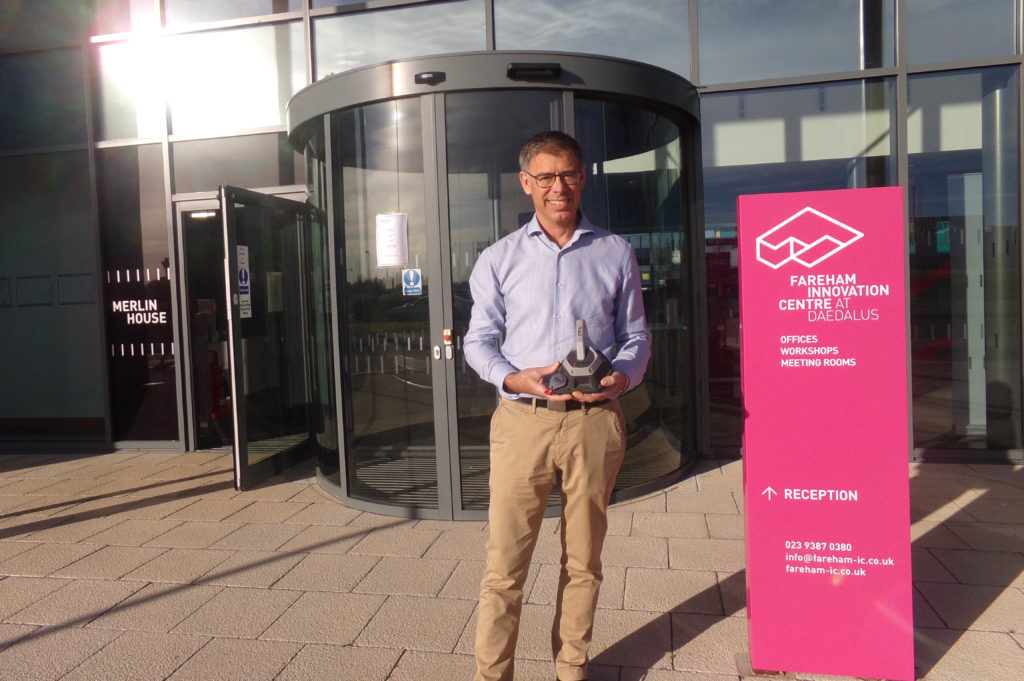 ACCELERATION: Clive Johnson, Chief Executive at RAD Propulsion, which works from Fareham Innovation Centre.
ACCELERATION: Clive Johnson, Chief Executive at RAD Propulsion, which works from Fareham Innovation Centre.
A Hampshire-based tech start-up has successfully applied for £300,000 worth of funding from Innovate UK. RAD Propulsion manufactures bespoke electric propulsion systems for all types of marine applications, from kayaks to zero emission vessels.
The funding is for two work streams in relation to sustainability and the electric revolution.
RAD says it is developing the next generation of marine propulsion systems with a team of naval architects, systems engineers and automotive experts.
One of the company’s products is the RAD40, the largest drive currently on its books, with, RAD says, intuitive operating features that provide a safe and reliable propulsion system for RIBs and powerboats. At the other end of the scale is the RAD1, a lightweight, portable product for paddleboards and kayaks. Research is also focusing on increasing the size of the electric propulsion units for much larger vessels as operators anticipate emissions regulations.
Based at Fareham Innovation Centre, RAD was encouraged to apply by the centre’s in-house innovation director, Monika Dabrowska. The centre is designed for start-ups and early-stage businesses, and says it provides a supportive ecosystem for occupiers in marine, aviation, aerospace engineering and advanced manufacturing. With a core team of seven, RAD is among customers entitled to free in-house business support.
“Here we are, just 12 months in at the centre, and we’ve already had a lift to R&D and export ambitions through £300,000 worth of funding from Innovate UK,” says Clive Johnson RAD’s chief executive.
“It was the centre who highlighted these grant opportunities as part of wider business support to us – having this in-house business support service to draw upon is an incredibly powerful thing.
“With the UK targeted to achieve a zero-carbon economy by 2050, RAD Propulsion will be challenging the traditional market in marine engines, which rely on fossil fuels to power the propellers.
“Our long-term plans are to export 80% of our electric propulsion units, creating valuable jobs here in the UK.”
